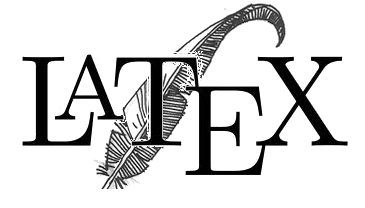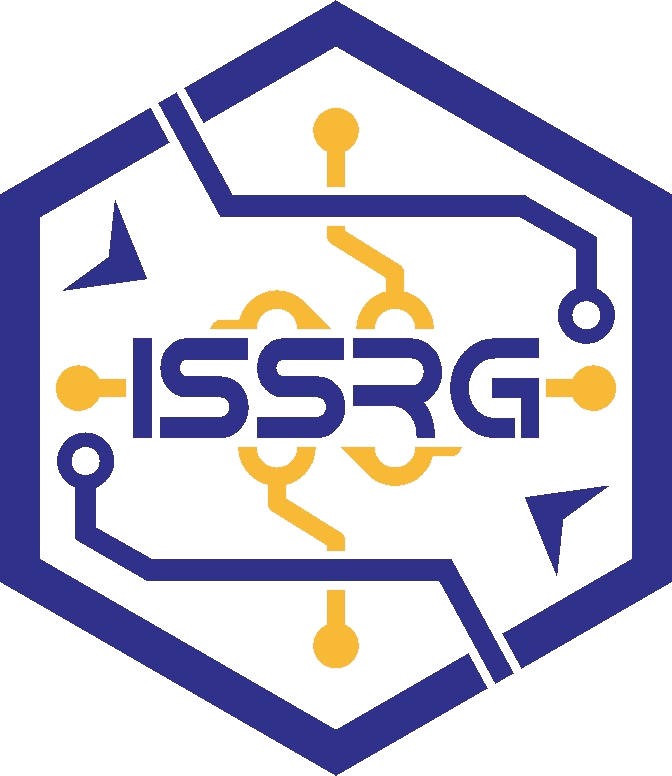When you submit a paper to JISS, you are confirming that you have read these ethical guidelines, agree to the contents, and have taken any appropriate actions.
Content By submitting a paper to JISS, it is understood that all authors have thereby declared that they have read and agreed on the content of the submitted paper.
Ethics Submissions may be rejected by JISS Editorial Office if it is felt that the work was not carried out within an ethical framework for scholarly publications. JISS adheres to the principles outlined by COPE – Committee on Publication Ethics. [https://publicationethics.org/]
Competing/conflicting interests Authors must make a declaration in their paper of all potential competing interests involving people or organizations that might reasonably be perceived as relevant. Examples of competing interests include, but are not limited to, financial, professional, and personal interests such as
• Research grants (from any source, restricted or unrestricted)
• Relationships (paid or unpaid) with organizations and funding bodies including nongovernmental organizations, research institutions, or charities
• Membership in lobbying or advocacy organizations
• Personal convictions (political, religious, ideological, or other) related to a paper's topic that may interfere with an unbiased publication process (at the stage of authorship, peer review, editorial decision making, or publication)
Plagiarism
Plagiarism in any form constitutes a serious violation of the principles of scholarship and is not acceptable. Examples of plagiarism include:
- Word-for-word copying of portions of another's writing without enclosing the copied passage in quotation marks and acknowledging the source in the appropriate scholarly convention.
- The use of a particularly unique term or concept without acknowledging the original author or source.
- The paraphrasing or abbreviated restatement of someone else's ideas without acknowledging that another person's text has been the basis for the paraphrasing
- False citation: material should not be attributed to a source from which it has not been obtained.
- False data: data that has been fabricated or altered in a laboratory or experiment; although not factually plagiarism, this is clearly a form of academic fraud.
- Unacknowledged multiple authors or collaboration: the contributions of each author or collaborator should be made clear.
- Self-plagiarism/double submission: the submission of the same or a very similar paper to two or more publications.
JISS will use 2 plagiarism checking software, namely Plagiarism X Checker for submitted articles, and Turnitin when the article will be published.


1.png)



